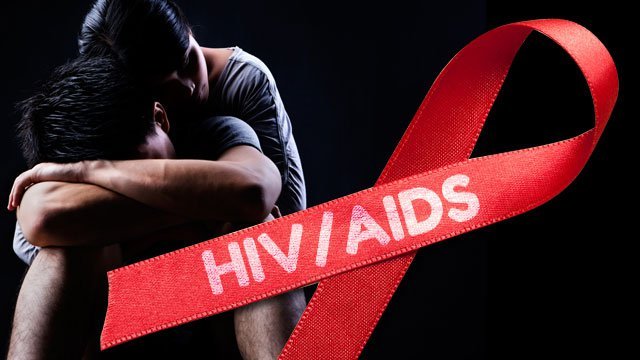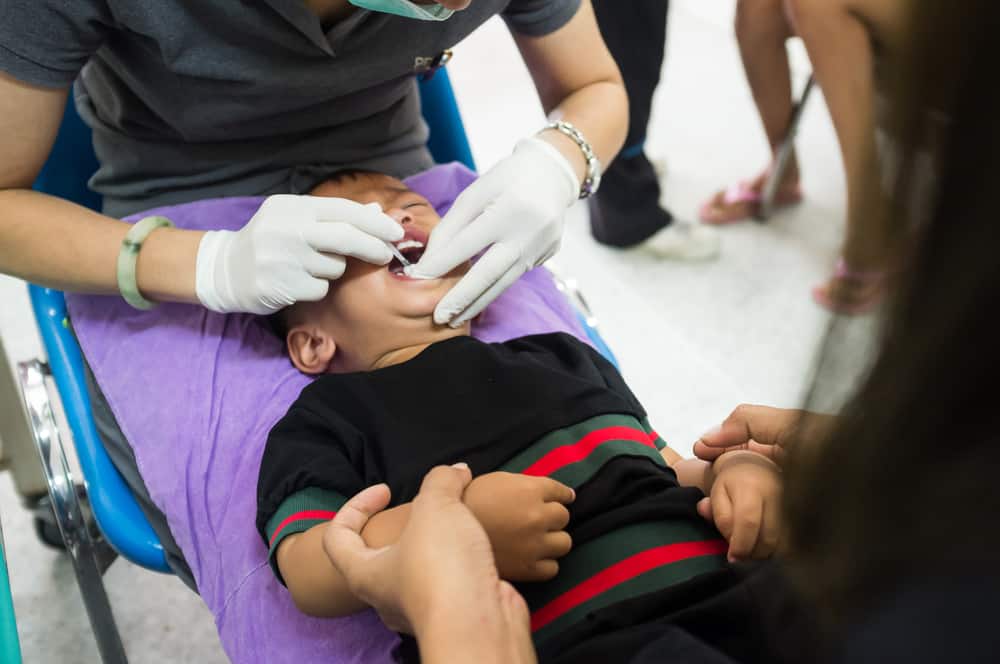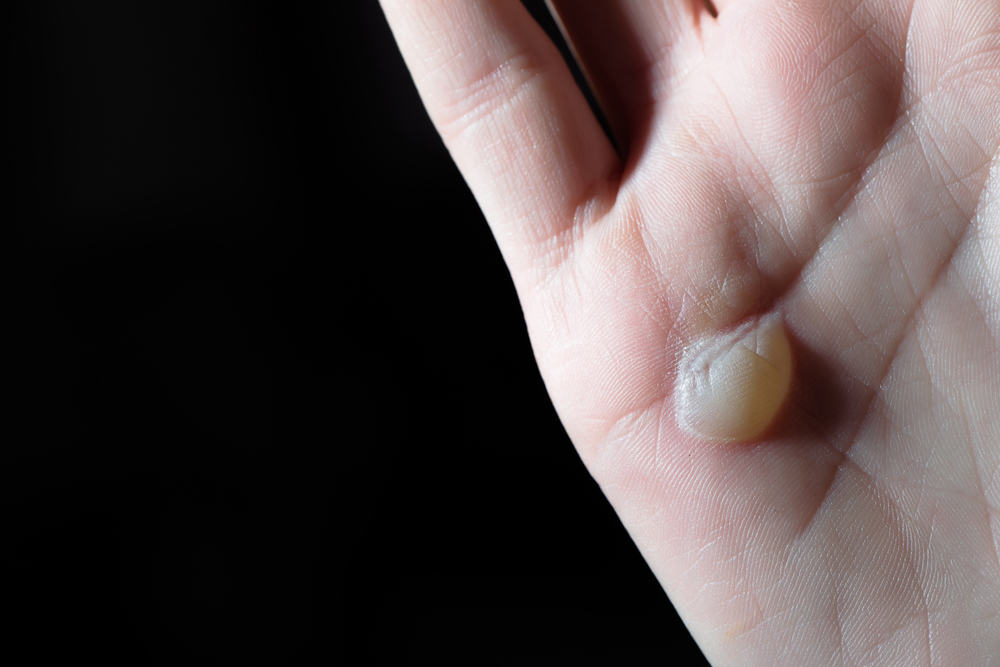Contents:
- Medical Video: The Evolution of HIV Testing: Then, Now and Beyond
- Myth 1: You can get HIV by being around people who have HIV
- Myth 2: You can get HIV from mosquitoes
- Myth 3: A person who is HIV + or has AIDS is easily recognizable
- Myth 4: HIV will develop into AIDS and the person will soon die
- Myth 5: HIV only affects homosexuals, sex workers, and injection drug users
- Myth 6: HIV drugs are so strong that we can stop taking them after some time
- Myth 7: You cannot get HIV from oral sex
- Myth 8: Only people from low socio-economic classes are affected by HIV / AIDS
- Myth 9: HIV and AIDS are only caused by sex
- Myth 10: Babies from mothers who are HIV + will automatically contract HIV
Medical Video: The Evolution of HIV Testing: Then, Now and Beyond
Many people have misinformation about HIV and how it is spread, and this often results in the stigma of HIV sufferers for almost 30 years. This makes HIV (human immunodeficiency virus) and AIDS (acquired immunodeficiency syndrome) already shrouded in myths and misunderstandings. Here is a complete misconception about HIV, which unfortunately many people believe.
Myth 1: You can get HIV by being around people who have HIV
HIV can only be transmitted through the HIV virus. The virus cannot spread without going through body fluids such as blood, sperm, or breast milk. You will not get HIV by:
- Inhaling the same air as someone who is HIV +
- Cuddle, kiss or shake hands with someone who is HIV +
- Touch the toilet seat or doorknob after an HIV + person
- Share food with people who are HIV +
Myth 2: You can get HIV from mosquitoes
You cannot get HIV from mosquitoes. If a mosquito bites an HIV positive person and then bites a healthy individual, the virus will not be transmitted because the mosquito does not inject blood into your system. However, if you kill a mosquito that has bitten an HIV positive person with your hand that has an open wound, there is a high chance that the blood can enter your body and can cause HIV infection. But the possibility of this happening is very small.
Myth 3: A person who is HIV + or has AIDS is easily recognizable
Not. Symptoms of HIV / AIDS vary from person to person. In most cases, after contracting the virus, people experience flu-like symptoms that disappear later. This condition can disappear for years without people realizing that they have suffered from the disease. Next is more about whether HIV positive means you have AIDS?
Myth 4: HIV will develop into AIDS and the person will soon die
HIV only develops AIDS if it is not treated. Antiretrovirus treatment can stop the development of HIV into AIDS and these conditions can remain muffled for years. If the drug procedure is continued, viral load in the blood becomes undetectable and the person will not show AIDS-related health complications. Therefore, it is very important to take regular medication if you have HIV because this can prevent the HIV virus from affecting your immune resistance.
Myth 5: HIV only affects homosexuals, sex workers, and injection drug users
Many people think that HIV only appears in homosexuals, sex workers, or injection drug users. Despite the fact that these people are in high-risk groups, anyone can actually get HIV. A healthy person can be infected with HIV due to a wrong blood transfusion procedure. Therefore, everyone must remain vigilant.
Myth 6: HIV drugs are so strong that we can stop taking them after some time
Because HIV drugs are strong enough, sometimes they make patients feel pain. However, patients should not stop using drugs without asking the doctor. Use that is not in accordance with the dosage and prescription will make the patient vulnerable to the virus again. Then, opportunistic infections can attack the body. It is important not to stop the drug procedure. All you can do is consult your doctor about side effects and ask if he can change medication, if indeed you do not match the drug.
Myth 7: You cannot get HIV from oral sex
While it is true that HIV cannot be transmitted as easily as through oral sex compared to transmission through anal or vaginal sex, you cannot rule out the risk of getting infected with the virus. For example, a person's genitals may have wounds or bruises that can cause the virus to be transmitted.
Myth 8: Only people from low socio-economic classes are affected by HIV / AIDS
HIV knows no class. Anyone can be a victim of this condition. Participating in risky sexual behavior, such as unprotected sex with strangers, the use of non-sterile syringes and needles, and transmission from HIV-positive mothers to their children is a possible scenario.
Myth 9: HIV and AIDS are only caused by sex
Viral strains can also spread through the use of insecure and sterile needles. This can occur in hospitals, tattoo sites, and in individuals who use intravenous drugs. In addition, breast milk from mothers infected with HIV can cause HIV in infants if they unconsciously breastfeed. Very rarely, HIV can also be transmitted by kissing if one of them is HIV positive and has bleeding gums.
Myth 10: Babies from mothers who are HIV + will automatically contract HIV
The possibility of HIV transmission from mother to baby is less than two percent. You can prevent the baby from being infected, if the mother's condition is known beforehand. However, it is still not approved whether HIV-positive mothers can breastfeed or not. One study in South Africa found that children who were breastfed by HIV-positive mothers showed a lower likelihood of mother-to-child transmission of HIV than breastfed babies and also given additional solid foods. Other studies suggest that HIV-positive mothers may not breastfeed. For the record, WHO supports breastfeeding for HIV positive women who are undergoing antiretroviral treatment.
Have you ever misunderstood the problem of HIV? This is a change for you to remind and know more about HIV. Don't forget to remind your relatives and friends to help them understand it too.
READ ALSO:
- Can contracting HIV from thrush?
- Why are same sex types more at risk of HIV?
- Detect Early Symptoms of HIV and AIDS












